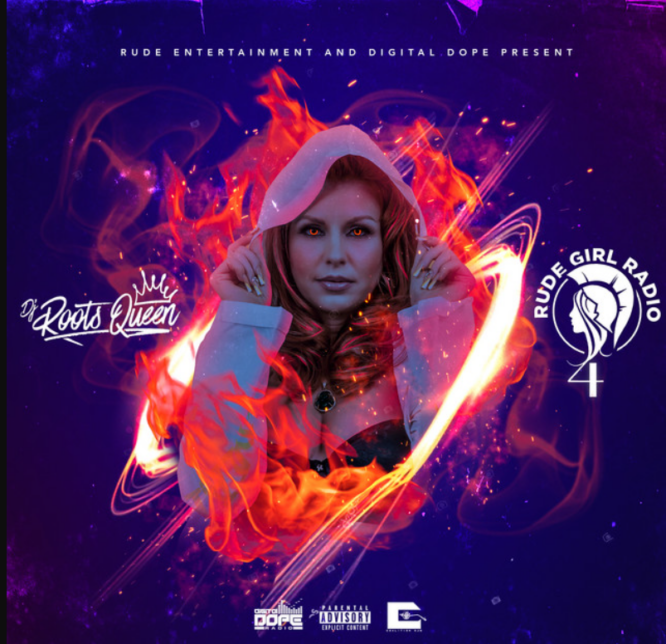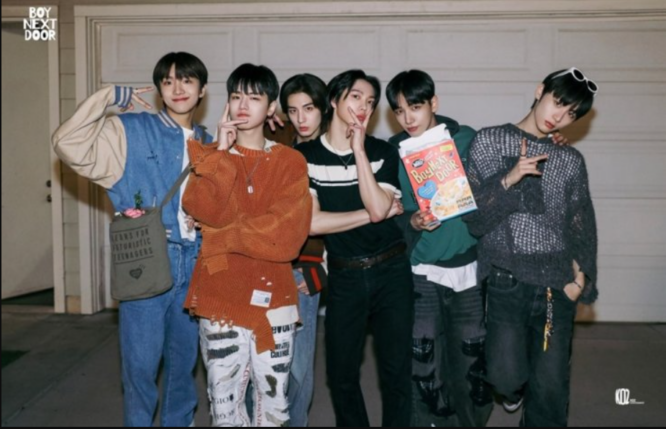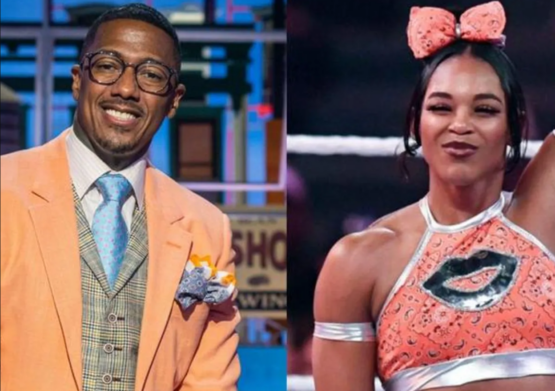Yeza, a “rude girl roots” singer, will reveal her true meaning on her debut album, Star of the East.
She hopes her songs would reveal her genuine self beyond her appearance and behavior.
Star of the East is my childhood path. When we evaluated the CD, I talked a lot about where I grew up, so my team agreed. The atmosphere is an introduction to my personality and art. She told The Gleaner that Star of the East symbolizes both the route and her voyage.
I hope the CD will show people who I am. The CD will clear up any confusion regarding me and my beliefs. They expect root energy and dancehall-influenced nasty girl vibes from me. Yeza said, “I am myself, not a long-frock-wearing roots girl.”

Yeza, who said at Rebel Salute earlier this year that this generation will save reggae music, has been working on this project for five years to make sure it’s a proper depiction.
Yeza’s first album is an attempt to get to the heart of things
“It took time. It was rewarding. Self-discovery also occurred. After listening to the riddim dem, I discovered my true passions and what I wanted to communicate. “Magical,” she said.
“I must ensure that everything I put out there represents me now and forever. I won’t say something I’ll regret when I’m older or when my kids are born. Yeza said, “I kept it real so I could always be proud of it.”
Yeza called the CD a fantasy, created by sound system legend Rory Stone Love.
“Artistically, Rory and I get along. His thoughts blend with mine. Before working with Rory, I wanted a sound like Black Dub Music, his production. It was international, clean, and high-quality. “He values quality over quantity,” she said.
Dean Fraser, Danny Bassie, and Courtland “Gizmo” White played live on the CD. She’s happy with the title track and video’s reception.
She thinks on how Star of the East lane shaped her as she prepares to release the album in time for summer.
Because of the sound systems and dance, I fell in love with music there. Roads were venues. Everybody came. The road was lined with cars and pedestrians. I was influenced by your enormous sound systems at major dances. Then you had roots culture because you know they play the reggae songs when the dance just starting and I would love hearing Beres [Hammond], Marcia [Griffiths], Bob [Marley], Dennis [Brown], so I created this vibration of ‘rude girl roots’ because it was so seamless based on dancehall and roots music,” she said.




